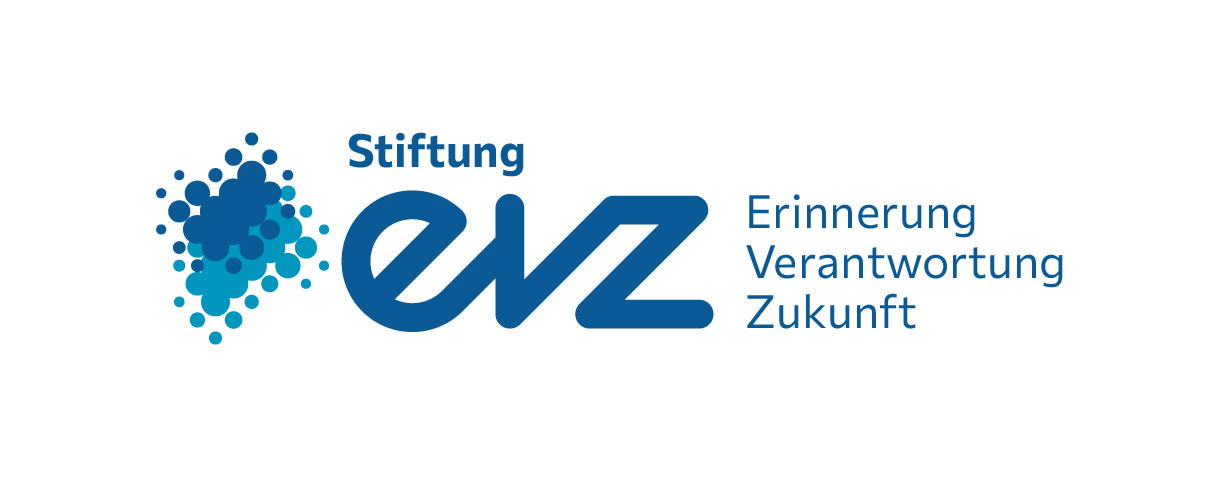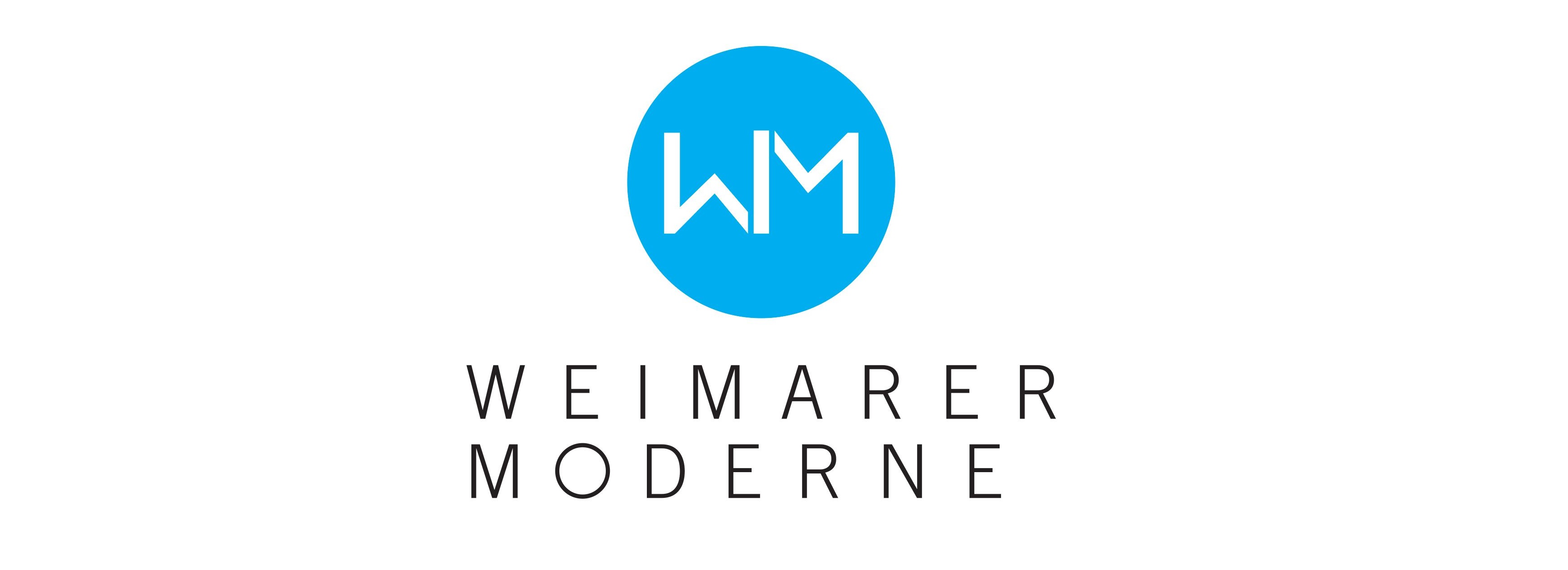



Our methods and goals are dedicated to the work of historical and political education. Within this process, our core aim is to foster an understanding for the past as a means of understanding and actively shaping the present. For this purpose, we have formulated the following principles:
Interactive Mediation
The Museum of Forced Labor understands itself as an exhibition space and place of learning. "Learning" does not simply entail the transmission of information; rather, it is a shared process. Through interactive and discursive methods, we inspire audiences to develop an understanding of history together, and to question the images that we carry in our heads. Together, we discuss the grey zones of perpetratorship and responsibility, as well as the consequences of anti-Semitic, racist, anti-Roma, and anti-queer attitudes in history and their trajectories into the present. Our educational offerings seek to cultivate social and communicative skills as well as creativity through a participatory format based around the questions and assumptions of participants. We wish to take innovative paths to facilitate lifelong learning, and to offer digital and interactive access to our materials.
Critical Thinking and Democratic Participation
By visualizing the possibilities for action, motives, and social dynamics of the past, participant reflect on their attitudes and opportunities for action in the present. Programs created for specific target groups are intended to raise awareness of current social and political developments. By using history to discuss the norms and values of the society we wish to inhabit, we seek to enable critical thinking and apply critical reflections on history to our own lives.
Participation and Networking
As a place for encounters and cultural participation, the Museum of Forced Labor wishes to enable visitors to take part in and shape its education and mediation programming. Through participatory projects, we encourage audiences to collectively develop and test ideas. The museum is intended to function as a creative space for addressing current issues, welcoming different perspectives, and enabling visitors to pose questions. For this purpose, we have consciously chosen to also create spaces for discussion outside the museum itself.
In addition, the collaboration and cooperation with (extracurricular) educational institutions and with companies, businesses, and associations in the region and beyond is aimed to make the Museum of Forced Labor accessible beyond its institutional framework. Providing a space for experiences and experimentation, the museum wishes to offer visitors opportunities for actively taking part in social debates and assuming responsibility for one's individual actions.
Inclusion
We aspire to provide participatory learning processes for all “learning capacities” and to minimize existing barriers to access to historical-political education. Therefore, the way we shape our content and methods is based on the individual wishes, interests, and prior knowledge of the participants. Our programs are conceptualized and realized in collaboration with people who have recognized learning disabilities. Our aim is to continue to strengthen barrier-free and inclusive mediation in our future offerings.
Relevance for the Present
Only by reflecting on historical knowledge and forging links to the present is it possible to learn from history. Questions and processes of negotiation relevant to our coexistence in contemporary society need space, and so does the search for possible answers. The Museum of Forced Labor offers a starting point for exploring and addressing these processes, relationships, and trajectories.



